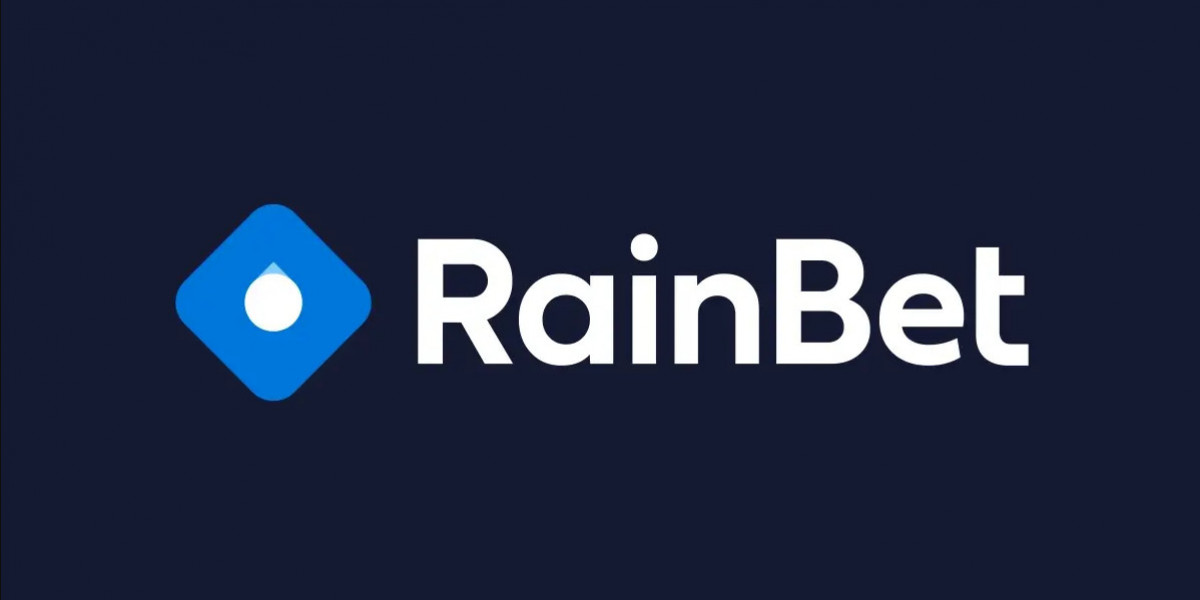The average price of driving lessons provides a benchmark for learners budgeting their driving education. However, some instructors and schools charge above this rate. While higher costs may seem unnecessary at first glance, they often reflect added value in terms of quality, experience, and resources. Understanding what drives these costs above the average can help you decide whether the extra expense is worth it for your specific needs.
Key Factors That Push Driving Lesson Costs Above Average
1. Instructor Expertise and Reputation
Highly experienced and reputable instructors often charge more than the average price. Their qualifications, years of experience, and proven teaching methods enable them to:
Tailor lessons to individual learners’ needs.
Help students progress faster and pass their tests on the first attempt. Learners often pay a premium for the confidence and reliability that come with seasoned instructors.
2. High Pass Rates
Driving schools or instructors with consistently high pass rates tend to charge more. Their teaching methods are efficient and focused on preparing students to succeed quickly, which can save money in the long run by reducing the need for extra lessons or multiple test attempts.
3. Advanced Training Techniques
Above-average prices often include access to advanced training techniques, such as:
Simulation-based learning for hazard perception.
Specialized lessons for motorway driving or adverse weather conditions. These extras go beyond basic driving skills, preparing learners for real-world scenarios.
4. Modern and Well-Maintained Vehicles
Driving schools charging above the average price of driving lessons often invest in high-quality vehicles equipped with:
Dual controls for safety.
Modern technology such as reversing cameras and parking sensors. Learning in such vehicles provides a safer and more effective experience, justifying the higher cost.
5. Flexible Scheduling
Premium instructors offer flexibility that suits learners’ busy lifestyles, such as:
Early morning, late evening, or weekend lessons.
On-demand rescheduling without penalties. This convenience often comes at a higher price, but it’s invaluable for students balancing lessons with work or school commitments.
6. Customized Lesson Plans
Tailored lessons cater to individual strengths and weaknesses, allowing students to progress at their own pace. Instructors who offer such personalized approaches often charge more for their time and effort.
7. Location and Demand
In regions with high demand for driving lessons, costs tend to rise above the average price. Urban areas, in particular, often have:
More complex driving environments requiring additional training.
Limited instructor availability, driving up rates. If you live in a densely populated city, expect to pay more for driving lessons than in rural areas.
8. Inclusion of Additional Services
Driving schools charging above the average often provide value-added services, such as:
Free theory test preparation materials.
Mock driving tests.
Regular progress reports to track improvement. These extras enhance the overall learning experience, making the higher price worthwhile for many learners.
Is Paying Above the Average Price Worth It?
Choosing lessons above the average price of driving lessons may seem expensive, but the added value often translates to long-term savings and benefits. Here’s why:
1. Faster Learning and Fewer Lessons
Experienced instructors with high-quality teaching methods can help you learn more efficiently, reducing the total number of lessons required to pass your test.
2. Higher Pass Rates
With advanced training and tailored approaches, you’re more likely to pass your test on the first attempt, avoiding the costs of retaking the test or additional lessons.
3. Better Preparedness
Premium lessons often include advanced training for real-world scenarios, such as motorway driving or navigating heavy traffic. This ensures you’re better prepared for life on the road, reducing the likelihood of accidents or costly mistakes.
Tips for Deciding If Higher-Priced Lessons Are Right for You
If you’re considering lessons above the average price of driving lessons, keep these factors in mind:
1. Evaluate Your Needs
Are you a nervous learner who needs extra support? Do you require flexible scheduling? If so, the added cost of a premium instructor may be worth it.
2. Research Reviews and Testimonials
Look for reviews from past students to gauge whether the higher price translates to better results. Positive testimonials about pass rates, teaching quality, and professionalism can help you make an informed decision.
3. Compare Value, Not Just Price
Focus on the value offered rather than the upfront cost. Consider factors like vehicle quality, instructor experience, and additional services when evaluating your options.
4. Assess Long-Term Benefits
Higher-priced lessons may save you money in the long term by reducing the need for extra lessons, retests, or post-license training.
Conclusion: Understanding What You’re Paying For
While the average price of driving lessons serves as a good starting point, lessons above this rate often provide added value through expertise, convenience, and advanced resources. Paying more can lead to faster learning, better preparedness, and fewer retests, ultimately saving you money in the long run. By carefully weighing your needs and the benefits offered, you can make an informed decision that ensures both financial efficiency and driving success.
At Impulse Driving School, we help you become a confident driver. Our ADI-approved instructors in Manchester will guide you through your lessons and help you pass your driving test in just 4 weeks.









